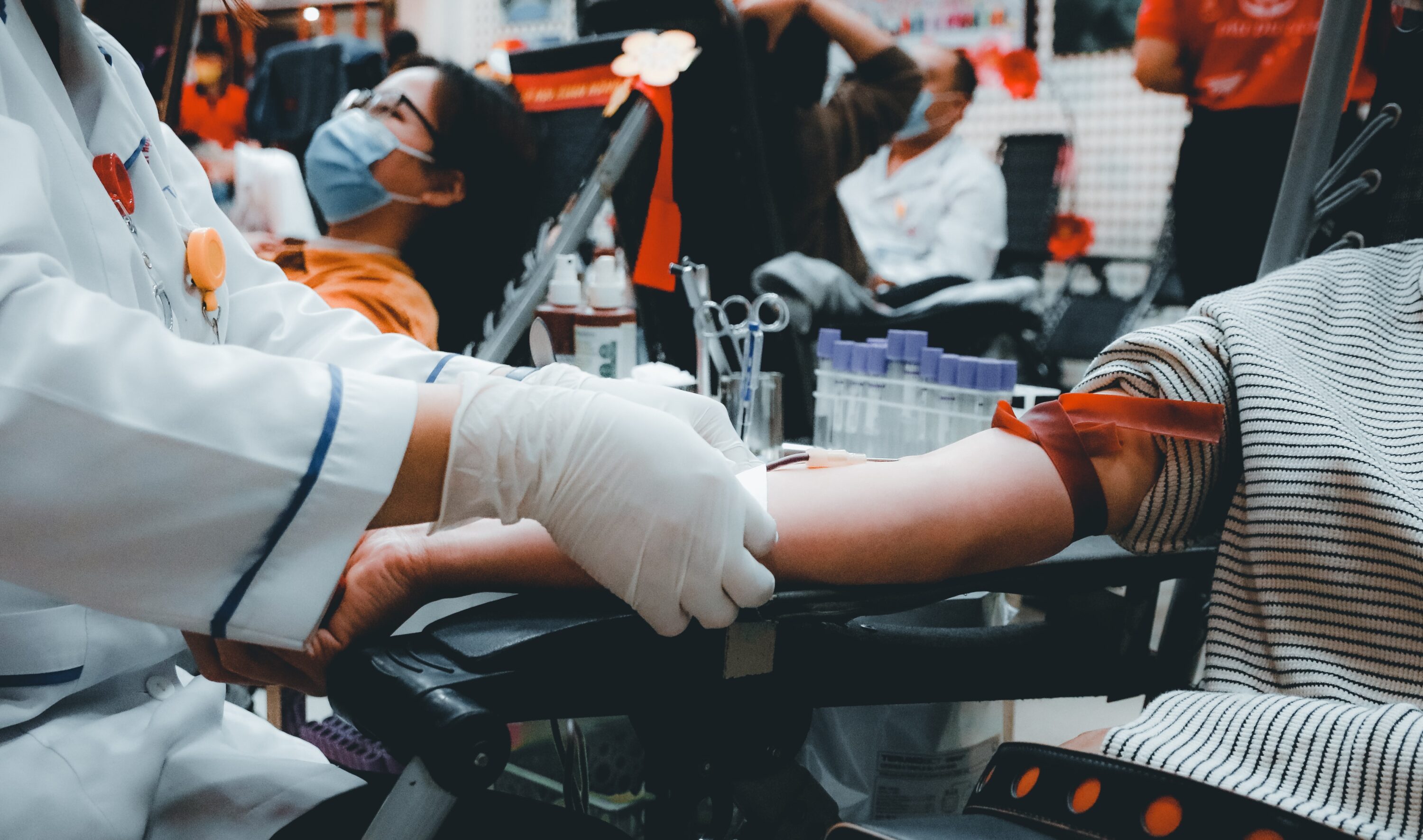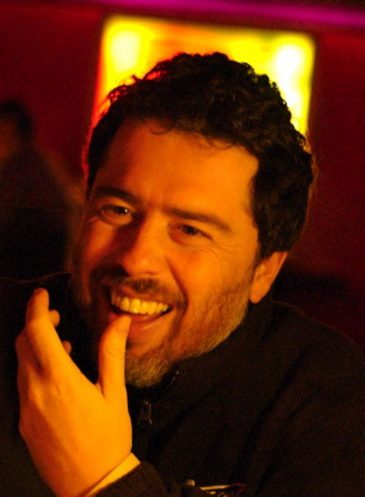A man convicted of murdering a homeless man and attacking two other transients in Hollywood the same afternoon was sentenced Thursday to 48 years to life in prison.
Domingo Rodas, 66, was found guilty Aug. 4 of first-degree murder for the Aug. 6, 2009, stabbing of Keith Fallin, along with two counts of attempted murder involving the stabbings of two other men that day.
It marked the second time Rodas had been convicted of the crimes.
He was initially found guilty in March 2014 of the same charges by a jury that acquitted him of murder charges involving the killings in Hollywood of two other men — 52-year-old Roger Cota the same afternoon and 45-year-old Frederic Lombardo on July 18, 2009.
But the California Supreme Court found in a 2018 ruling that the trial court judge in Rodas’ first trial failed to appropriately assess the defendant’s competency to stand trial given his history of psychosis and his decision to stop taking medication. The state’s high court directed a state appeals court panel to reverse Rodas’ conviction, but allowed him to be retried as long as he was not presently incompetent to stand trial.
Deputy District Attorney Eric Feil told jurors during Rodas’ retrial that Fallin and the two attempted murder victims were homeless and were each stabbed once in the chest.
“They were all taken by surprise,” the prosecutor said in his closing argument, in which he said the crimes were carried out in a “premeditated and deliberate manner.”
Fallin, 43, was attacked as he slept on Hollywood Boulevard, and the other two men were attacked on Yucca Avenue.
Rodas, also known by his birth name of Doudley Brown, was arrested soon afterward while carrying a knife wrapped in a homemade sheath up his sleeve.
Fallin’s DNA was found on the sheath, the prosecutor told jurors, adding that Rodas was detained with all of the tools that he needed to “really terrorize the streets of Hollywood.”
Defense attorney Donna Tryfman asked jurors to consider whether the crimes were “a result of careful and calculated thought.”
“… All of this lends itself to something rash …,” she told jurors during her closing argument.
Rodas’ attorney urged jurors to acquit her client of first-degree murder, and questioned how Rodas would know that one stab wound would have resulted in Fallin’s death.
She said there was also an “absence of the evidence” regarding premeditation and deliberation involving the attempted murder charges, and said there was insufficient evidence to prove that it was Rodas who attacked one of the men who survived.
Rodas was serving a life prison term without the possibility of parole when the California Supreme Court issued its ruling that resulted in his conviction being overturned. The prosecution opted not to retry the special circumstance allegation of murder while lying in wait.
The defendant had a psychiatric history dating back to at least 1974, when he was treated in an Army hospital at the age of 19 for a psychiatric disorder, and ultimately received a medical discharge from the military, according to the California Supreme Court’s ruling.
In 1988, after serving a prison sentence for burglary, Rodas was held under a mental health conservatorship at Atascadero and Patton state hospitals. He was diagnosed with schizophrenia, paranoid type and schizoaffective disorder with substance abuse, according to that ruling.
The California Supreme Court concluded that the trial court “erred in failing to suspend the criminal trial and initiate competency proceedings” when Rodas’ then-attorney declared a doubt in March 2014 about the defendant’s mental competence.







